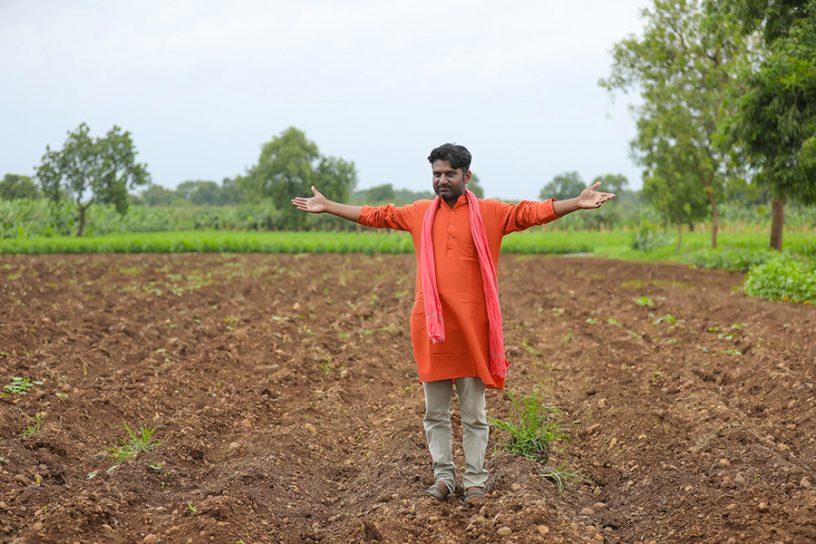
This study emphasizes the importance of the threshold quality requirement of markets and prices offered in these markets on a small farmer’s market choice rather than traditional factors such as transportation cost and minimum support price.
Authors
Dewang Pagare, Assistant Professor, Jindal Global Business School, O.P. Jindal Global University, Sonipat, Haryana, India.
Indranil Biswas, Department of Information Systems, Supply Chain Management & Decision Making, NEOMA Business School, 1 Rue du Mar..chal Juin, Mont-Saint-Aignan 76130, France.
Amit Agrahari, Information Technology & Systems Area, Indian Institute of Management Lucknow, India.
Sriparna Ghosh, Business & Economics Department, University of Cincinnati, Blue Ash College, Blue Ash, OH, USA.
Summary
We study a small farmer’s optimal market choice in the presence of multiple markets in an emerging economy. A small farmer sells her product through either of the three markets available: government-regulated market, corporate-owned market (a private market having high-quality requirements), and fixed-price market (a government procurement center). Using a dynamic game of incomplete information, we examine the impact of technology choice, quality effort, and yield quantity on the farmer’s market choice. We discuss the implications of the full information and asymmetric information case analysis with the help of real-life examples.
We find out that the farmer does not put her optimal quality effort due to misalignment of stakeholder payoffs. We analytically prove that market inefficiency exists due to this misalignment; we subsequently propose that contract farming can eliminate this problem. We demonstrate that the corporate-owned and government-regulated markets have individual incentives to keep their markets segregated by maintaining different threshold quality requirements.
We conduct a logistic regression analysis to explain the impact of various parameters on the small farmer’s market choice. It shows the impact of change in critical parameters on the small farmer’s optimal market choice. Our analysis allows policymakers to understand the behavior of small farmers as strategic players.
Our study emphasizes the importance of the threshold quality requirement of markets and prices offered in these markets on a small farmer’s market choice rather than traditional factors such as transportation cost and minimum support price. We conduct field interviews of small farmers to augment our findings.
Published in: European Journal of Operational Research
To read the full article, please click here.


